Regional Actors and Geopolitical Dynamics
This session will delve into the labyrinthine dynamics among various regional state actors, examining their influence on the Palestinians’ pursuit of dignity, justice, and rights, as well as the status and reconstruction of Gaza. Panelists will dissect the current geopolitical landscape of the Middle East, exploring how shifting alliances, geopolitical ambitions, and national interests, intertwined with relationships with global powers, shape these critical issues.
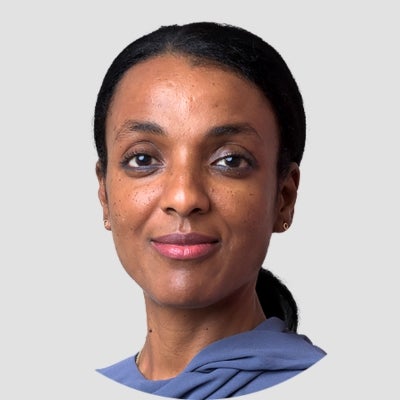
Nesrine Malik (Moderator)
Nesrine Malik is an acclaimed British Sudanese author and journalist known for her wide-ranging commentary on issues of race, identity, politics, and international affairs. Her book We Need New Stories: Challenging the Toxic Myths Behind Our Age of Discontent (2019) critiques the narrative foundations of increasingly intolerant and authoritarian politics in Britain and the United States, exploring how once-fringe views have gone mainstream. Her columns in leading outlets including the Guardian, New York Times, and Washington Post address topics ranging from Islamophobia and feminism to African politics, with deep insights into the ways colonial and postcolonial legacies shape our contemporary world. Malik received the 2021 Robert B. Silvers Prize for Journalism.
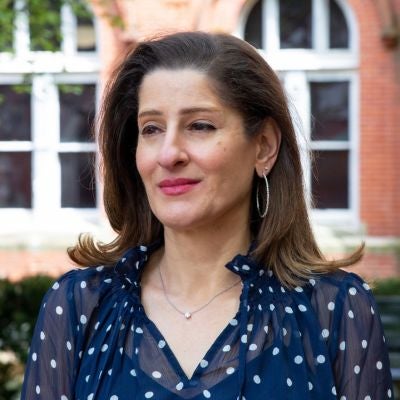
Marwa Daoudy
Marwa Daoudy is an Associate Professor of international relations at Georgetown University’s School of Foreign Service (SFS) and the Seif Ghobash Chair in Arab Studies at the Center for Contemporary Arab Studies (CCAS). Prior to joining Georgetown, Dr. Daoudy was a lecturer at Oxford University, a fellow with the Oxford’s Middle East Center at St. Anthony’s College, and a visiting scholar at Princeton University’s Woodrow Wilson School of Public and International Affairs. Her research and teaching focus on critical and human security studies, environmental politics, climate security, water politics, negotiation theory and Middle East politics. She is the author of two award-winning books, one on water security and negotiations between Syria, Turkey and Iraq (Ernest Lémonon Award, 2005) and the Origins of the Syrian Conflict: Climate Change and Human Security’(CUP, 2020), awarded the International Studies Association (ISA)’s 2020 Harold and Margaret Sprout prize for best books in environmental studies. Her forthcoming book, under contract with Cambridge University Press, reflects on the meaning and implications of climate justice in the Middle East and North Africa. Her research was published in International Affairs, Global Environmental Politics, Wires Water and PLOS Climate, amongst others. Her policy analysis was published in The Lancet, Foreign Affairs, the Council on Foreign Relations, New Security Beat Blog and the Malcolm H. Kerr Carnegie Middle East Center paper series. In 2023-24, she was awarded a Wilson Center Fellowship. In 2022-23, she was a non-resident scholar at the Malcolm H. Kerr Carnegie Middle East Center in Beirut, where she led the climate change, conflict, and governance project.
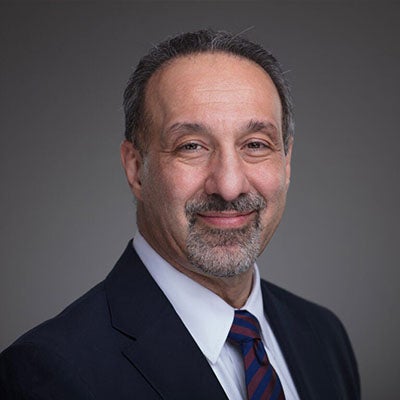
Mehran Kamrava
Mehran Kamrava is a Professor of Government at Georgetown University in Qatar. His research focuses on the modern political history and contemporary issues of the Middle East. He is the author of numerous journal articles and books, including most recently How Islam Rules in Iran: Theology and Theocracy in the Islamic Republic (Cambridge University Press, 2024); Righteous Politics: Power and Resilience in Iran (Cambridge University Press, 2023); A Dynastic History of Iran: From the Qajars to the Pahlavis (Cambridge University Press, 2022); Triumph and Despair: In Search of Iran’s Islamic Republic (Oxford University Press, 2022); A Concise History of Revolution (Cambridge University Press, 2020); Troubled Waters: Insecurity in the Persian Gulf (Cornell University Press, 2018); Inside the Arab State (Oxford University Press, 2018); The Impossibility of Palestine: History, Geography, and the Road Ahead (Yale University Press, 2016); Qatar: Small State, Big Politics (Cornell University Press, 2015); The Modern Middle East: A Political History Since the First World War, 3rd ed. (University of California Press, 2013); and Iran’s Intellectual Revolution (Cambridge University Press, 2008). His edited books include The Sacred Republic: Power and Institutions in Iran (2023); The Routledge Handbook of Persian Gulf Politics (2020); The Great Game in West Asia: Iran, Turkey, and the Southern Caucasus (2017); Fragile Politics: Weak States in the Greater Middle East (2016); Beyond the Arab Spring: The Evolving Ruling Bargain in the Middle East (2015); The Political Economy of the Persian Gulf (2012); The Nuclear Question in the Middle East (2012); and The International Politics of the Persian Gulf (2011).
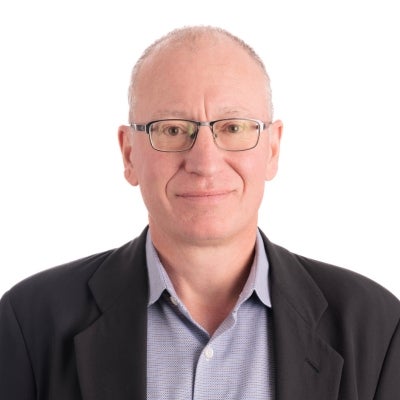
Marc Lynch
Marc Lynch is a Professor of political science at The George Washington University and Director of the Elliott School’s Middle East Studies Program. He is also the founding director of the Project on Middle East Political Science and co-director of the Program on African Social Research. His recent books include Making Sense of the Arab State, The Political Science of the Middle East, The One State Reality, and The New Arab Wars.
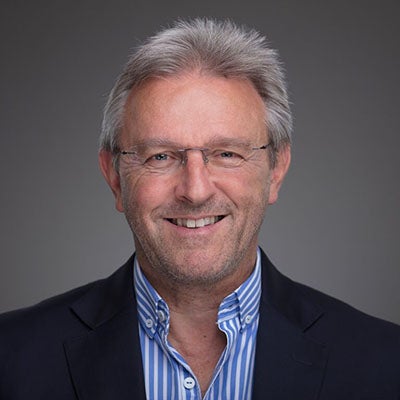
Gerd Nonneman
Gerd Nonneman is a Professor of International Relations and Gulf Studies and Chair of International Politics at Georgetown University in Qatar. His current research focuses on the international relations of the Middle East, Gulf foreign policies, the political economy of the Gulf Cooperation Council states, the Qatar crisis, European policies towards the Gulf, and the development of Gulf and Arabian Peninsula Studies. He has published numerous journal articles, chapter contributions, and books on the politics of the Middle East, Muslim communities in Europe, and comparative political and economic liberalization. He serves as editor of the Journal of Arabian Studies and is a former executive director of the British Society for Middle Eastern Studies. In addition to his academic work, he has worked in the private sector in the Gulf region and consulted for a range of companies, non-governmental organizations, governments, and international institutions.
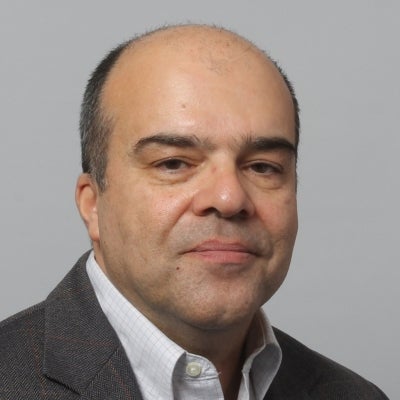
Mouin Rabbani
Mouin Rabbani is a researcher, analyst, and commentator specializing in Palestinian affairs, the Arab-Israeli conflict, and the contemporary Middle East. He has among other positions previously served as Principal Political Affairs Officer with the Office of the UN Special Envoy for Syria, Head of Middle East with the Martti Ahtisaari Peace Foundation, Senior Middle East Analyst and Special Advisor on Israel-Palestine with the International Crisis Group, and Researcher with Al-Haq, West Bank affiliate of the International Commission of Jurists. He is Co-Editor of Jadaliyya, where he also hosts the Connections podcast and edits its Quick Thoughts feature, Managing Editor and Associate Editor of the Journal of Peacebuilding and Development, and a Contributing Editor of Middle East Report. He is Non-Resident Fellow at the Center for Conflict and Humanitarian Studies (CHS), Democracy for the Arab World Now (DAWN), and the Middle East Council on Global Affairs.